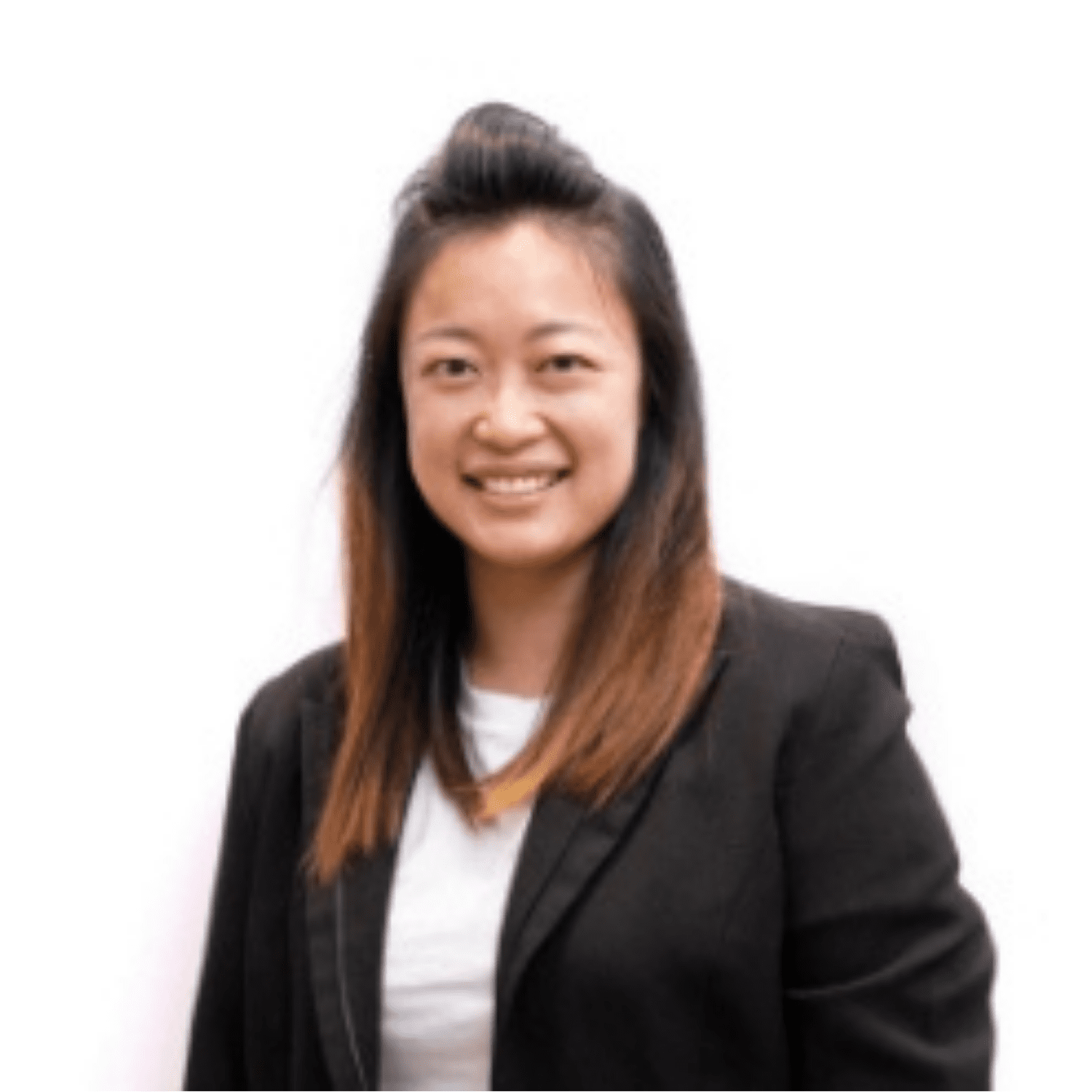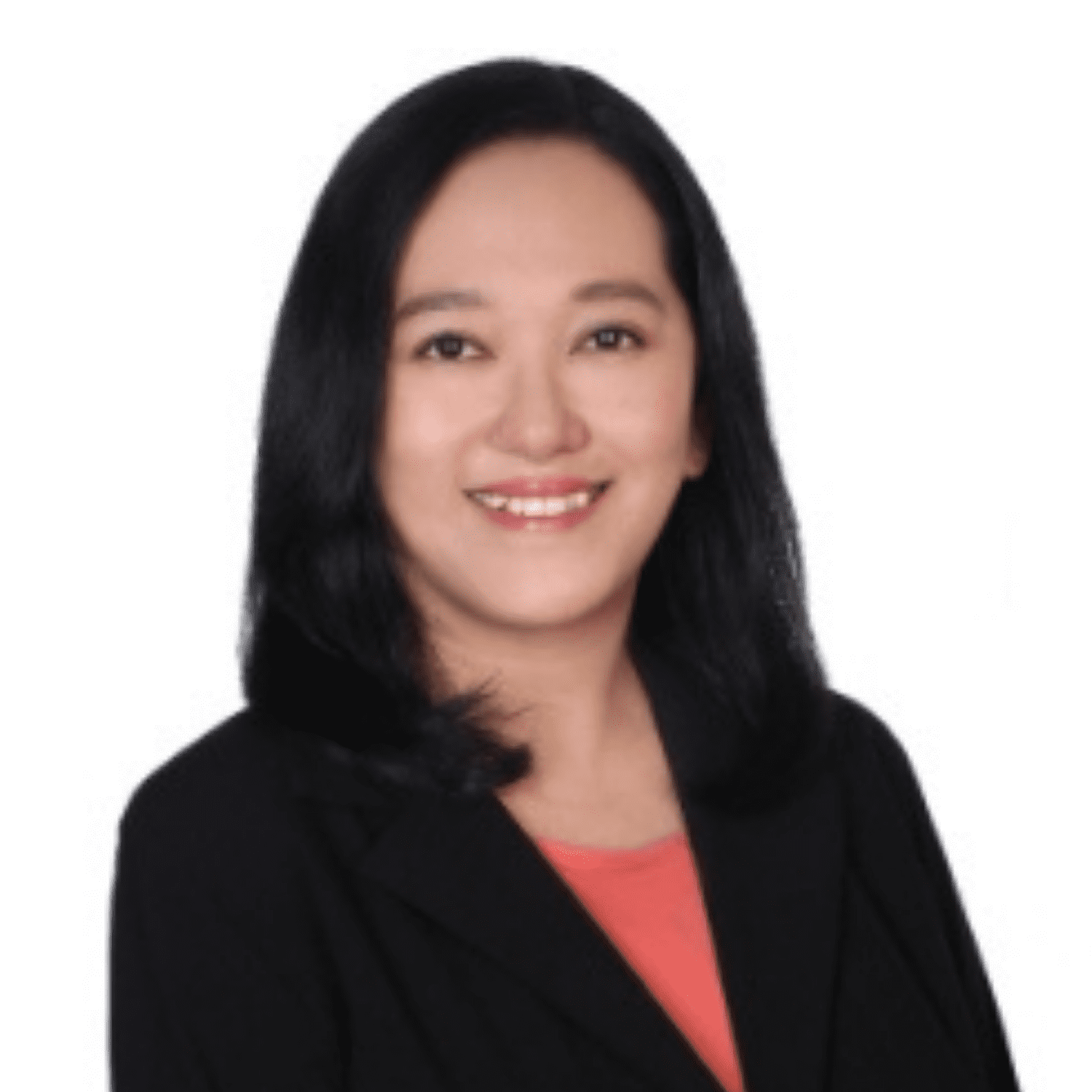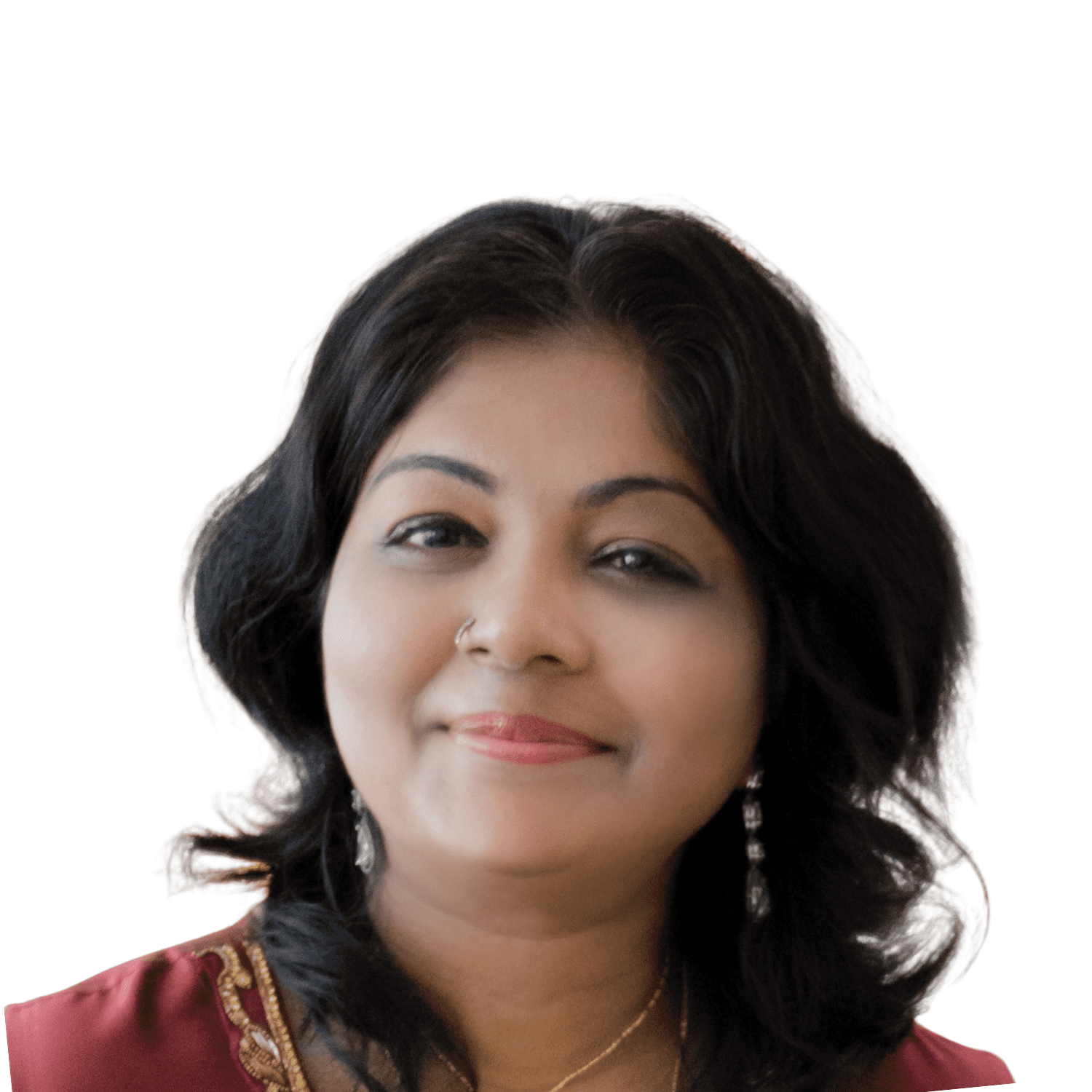PSLE science education in Singapore covers these 5 main themes - Diversity, Cycles, Systems, Energy and Interactions.
PSLE Exam Syllabus

PSLE English Syllabus

The PSLE english syllabus was developed to assess students' communication skills in English. It covers a variety of abilities, like Writing as well as Listening, Reading and Speaking.
Reading
In PSLE english syllabus, students should be able to comprehend diverse texts, including poetry as well as fiction, non-fiction and plays. They should be able to recognize the significance of the literal and the inferential texts and comprehend the key concepts and content that go with them.
Writing
Students should be capable of writing in a variety of styles, including reports, emails and letters. They should be able to write clearly and concisely using correct Grammar and Punctuation.
Listening
Students must be able to understand the different spoken texts including news reports, speeches and various other types of conversations. They should be able to comprehend the primary ideas along with the supporting details and follow the conversation.
Talking
Students must be capable of speaking English fluently. They must be able to effectively and clearly communicate with appropriate Vocabulary and Grammar.
OUR CARING TEACHERS

Modular lessons
Attend specific lesson that child is weak in
Time Based Learning
Flexible selection from our live and past lessons
Live Assessment
Get immediate results during our live lessons
Engaging lessons
Interact and get immediate clarifications from our teachers
MEET OUR TEAMPSLE Maths Syllabus

The PSLE math syllabus covers a vast array of topics such as Algebra, Numbers, Measurement, Geometry and Statistics. Students must be capable of:
The PSLE mathematics syllabus was created to make sure that pupils are given a solid foundation in Mathematics and are well-prepared for Secondary school.
Numerics and Algebra

Whole numbers: Writing, Reading and comparing numbers; Operations using Whole numbers
Fractions: Understanding fractions, comparing fractions, adding, subtracting, multiplying and dividing fractions
Decimals: Understanding decimals, comparing decimals, adding, subtracting, multiplying and dividing decimals
Percentage: Understanding percentages and calculating percentages, converting between decimals, fractions and percentages
Ratio: Understanding the concept of ratio, locating the missing word in a number, solving problems that involve ratio
Speed rate, time, and speed: Understanding speed, rates and time; resolving problems that involve speed, rate, time and speed Geometry and Measurement Geometry
Perimeter: Calculating perimeter
Angles: Measure angles, identifying the different kinds of angles
2D shapes: Identifying and categorizing 2D shapes by calculating the area and the perimeter of 2D shapes
3D shapes: Identifying and categorizing 3D shapes by calculating the volume and area of 3D shapes Statistics
Data Collection and Organization: Collecting and arranging data
Describing data: Describing data by using measures of central tendencies (mean median, mean,) and dispersion measures (range and quarterlies,)
Representing Data: Presenting data with tables, charts and graphs
Probability: Understanding fundamental concepts of probability (e.g. probabilities, likelihood events, likelihood)
Inferences Based on Statistics: Drawing inferences about the population by using the data of a sample
PSLE Science Syllabus

The PSLE science syllabus covers a broad range of themes - Diversity, Cycles, Energy, Systems & Interactions.
Students must be competent in:
The PSLE science syllabus has been developed to help students get an excellent foundation of Science knowledge and be well-prepared to meet the requirements of Secondary school.
Living things

Cells
Understanding the function and structure of cells
Living Things
Sorting living things into distinct categories
Life Processes
Understanding the processes of life of living creatures (e.g. reproduction, respiration, nutrition)
Human Body Systems
Understanding the main human body systems (e.g. digestion system respiratory system, circulatory system, etc.)
Materials

Materials' Properties
Understanding the physical properties of various materials (e.g. conductivity, density, hardness)
States of Matter
The three different types of material (solid gas, liquid)
Changes in State
Understanding the changing state (melting, boiling, freezing, and condensation)
Combinations and Solutions
Understanding mix-ups and the solutions
Separation of mixtures
Separating the mixtures using a variety of methods (e.g. filtering or Evaporation)
Energy and force

Forces
Understanding the different kinds of force (e.g. magnets, friction, gravity)
Understanding Motion
Understanding the concept of motion (speed, acceleration, velocity)
Energy
Understanding different kinds of energy (potential energy, thermal energy, kinetic energy)
Power and work
Understanding power and work
The surroundings

Ecology
Understanding the role of ecosystems in the interplay between living creatures and their surroundings
Biodiversity
Understanding and understanding the importance of biodiversity
Conservation
Understanding the importance of conservation and dangers to the environment
Sustainable Development
understanding the notion of sustainability
Ready to empower your child′s academic success?
Take the next step in building a brighter future and get the tools you need at no cost to make it happen.
FAQ

-
What are the themes covered in Primary 6 Science in Singapore?
-
Are there standardized assessments or exams in Primary 6 Science?
Singaporean students take part in the Primary School Leaving Examination (PSLE) including its Science paper, to demonstrate their knowledge of Science concepts. This major exam takes place in end September till early October and the result is used to assess the child’s suitability to enter the various streams offered in Singapore Secondary Schools.
-
How can parents support their children′s Science education in Primary 6?
Parents can assist their children in becoming successful learners by creating an ideal environment for learning, encouraging curiosity and offering help with homework and assignments. Additionally, parents can also enroll their child with a tuition centre or an online-based institution such as Explico, which can provide students with a customised learning experience.
-
What are some common challenges students face in Primary 6 science?
Some of the greatest challenges involve understanding complex scientific concepts and application of these concepts to exam questions which involve higher-order thinking skills and those which are experiment-based. The most common challenge for any PSLE student is the formulation of solutions in the Open-ended section.
-
What is the significance of Primary 6 Science in the Singaporean education system?
PSLE science curricula play an essential role in building a firm foundation of scientific knowledge essential for future education, while simultaneously cultivating scientific habits of mind in students.





